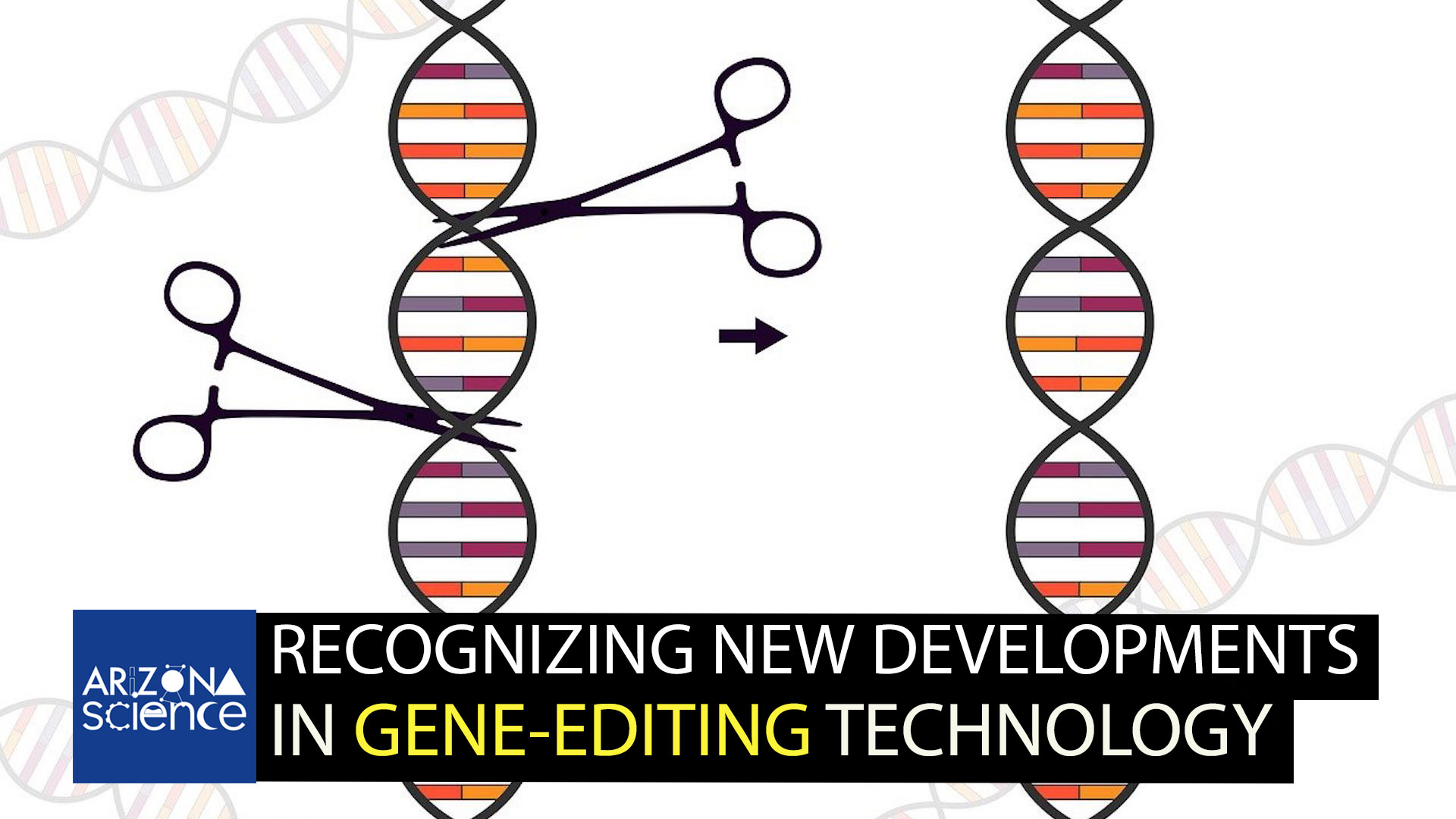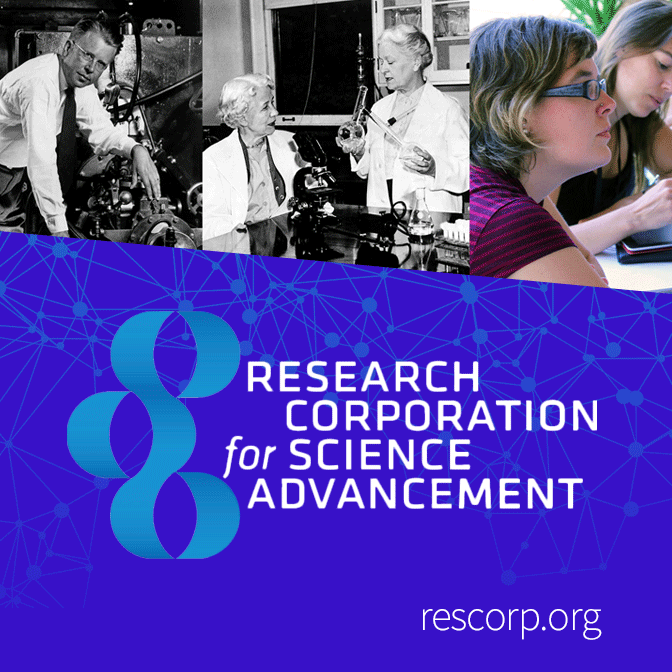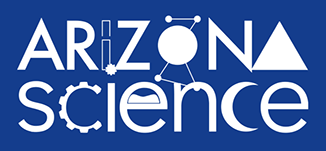 Scientists compare gene editing to cutting and splicing DNA.
Scientists compare gene editing to cutting and splicing DNA.
Pixabay
CRISPR genetic research led to a Nobel Prize in Chemistry earlier this year. University of Arizona professor Andrew Paek explains how CRISPR could someday open the door toward growing more nutritious foods, eliminating disease, and possibly lengthening the human lifespan.
Andrew Paek spoke with Tim Swindle, director of the Lunar and Planetary Lab at the University of Arizona.
Catch Arizona Science each Friday during Science Friday on NPR 89.1. You can subscribe to our podcast on Apple Music, Spotify, Amazon Music, or the NPR App. See more from Arizona Science.
MORE: Arizona Science




By submitting your comments, you hereby give AZPM the right to post your comments and potentially use them in any other form of media operated by this institution.